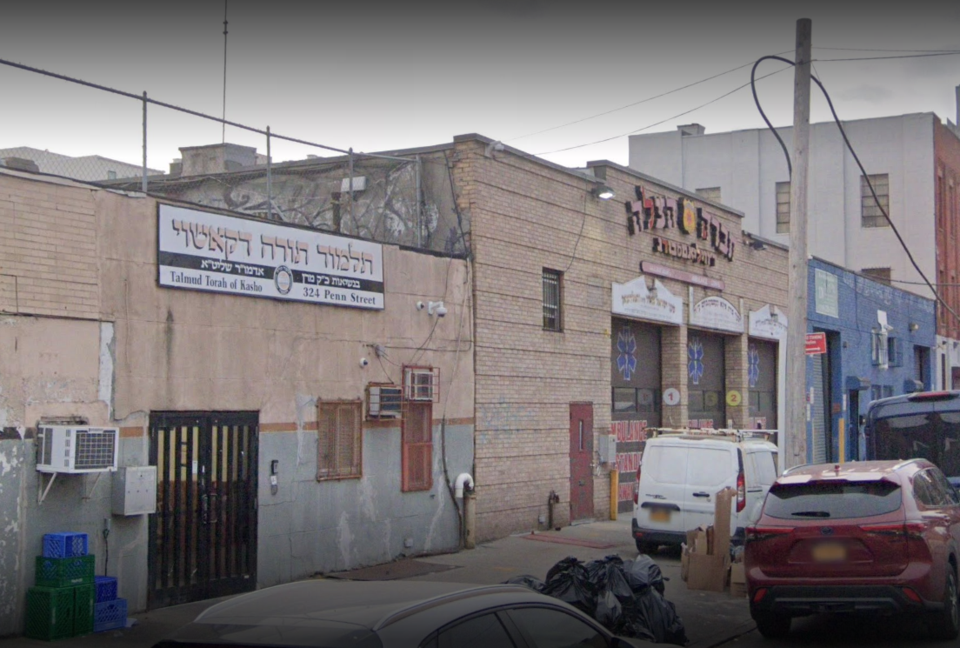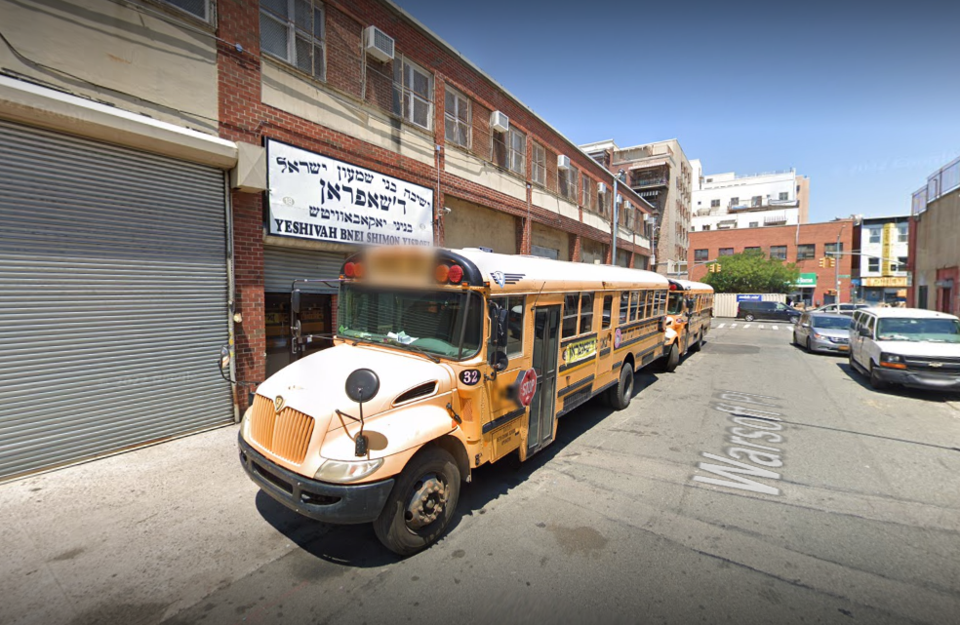In a move that surprised both critics and supporters of yeshiva education, the New York State Education Department said it would cut funding to two Brooklyn yeshivas for failing to comply with state education law.
The two yeshivas, Yeshiva Bnei Shimon Yisroel of Sopron and Yeshiva Talmud Torah of Kasho, both located in Williamsburg, failed to allow education officials to enter the schools and see if the yeshivas were giving required secular lessons. The agency said it provided several opportunities and extensions throughout the 2023-2024 school year, but the schools declined to allow visits, according to Rachel Connors, a spokesperson for NYSED.
The move by the state comes after nearly a decade of struggle between supporters of Orthodox Jewish education and the NYSED. In order to receive state funding, yeshivas must teach math, science and history, and instruction must be in the English language. One of the most cited complaints about yeshiva education is that instruction is done in either Hebrew or Yiddish, leaving students ill-prepared for interacting with the secular world upon completing their formal education.
Although some yeshivas have complied to the law in order to recieve funding, many lawsuits have been filed, including last month when four yeshivas filed a federal complaint against NYSED and the city's Department of Education. However, this is the first time any yeshiva has lost state funding for failing to comply with state education law, according to the New York Times.
Families that send their children to the two yeshivas have received notices to find a different school next year, Connors said.
When issuing final negative determinations, the plan is to allow ample time for families to transition students to new educational placements deemed substantially equivalent for the 2025-26 school year, and far enough in advance to facilitate elections on transportation and special education in accordance with statutory deadlines, she said.
The state took "a much-needed step to ensure that every child receives the education they are guaranteed under New York State law," said Adina Mermelstein Konikoff, the executive director of the nonprofit Young Advocates for Fair Education, which advocates for secular education in yeshivas. "For years, the students in these yeshivas have been deprived of the most fundamental instruction in secular subjects like math, English, science and social studies, leaving them unprepared for life after they finish yeshiva."

David Golovner, the nonprofit's advocacy director, told BK Reader that it is sad that it has come to this point, but it is also surprising that it took so long for the NYSED to take this step.
"They took a while to address it," Golovner said. "[The yeshivas] wouldn't engage with regulators, they refused to talk to the government."
Golovner noted that even though the yeshivas will no longer receive state funding, they are not necessarily closing.
"They're just no longer schools," he said. "They just give religious education all day. They're not satisfying any education laws."
Konikoff sympathized with the parents who must now find a new yeshiva for their children, but said the consequences were bound to happen, given the repeated warnings.
"We commend NYSED for taking action to uphold these students’ right to a basic education," she said. "And hope this serves as a wake-up call for other schools that continue to disregard essential academic standards.”
Golovner said the yeshivas may respond with legal action, but hopes the schools actually revamp their curriculum. "They have a choice to make," he said. "They can turn around and cooperate."




